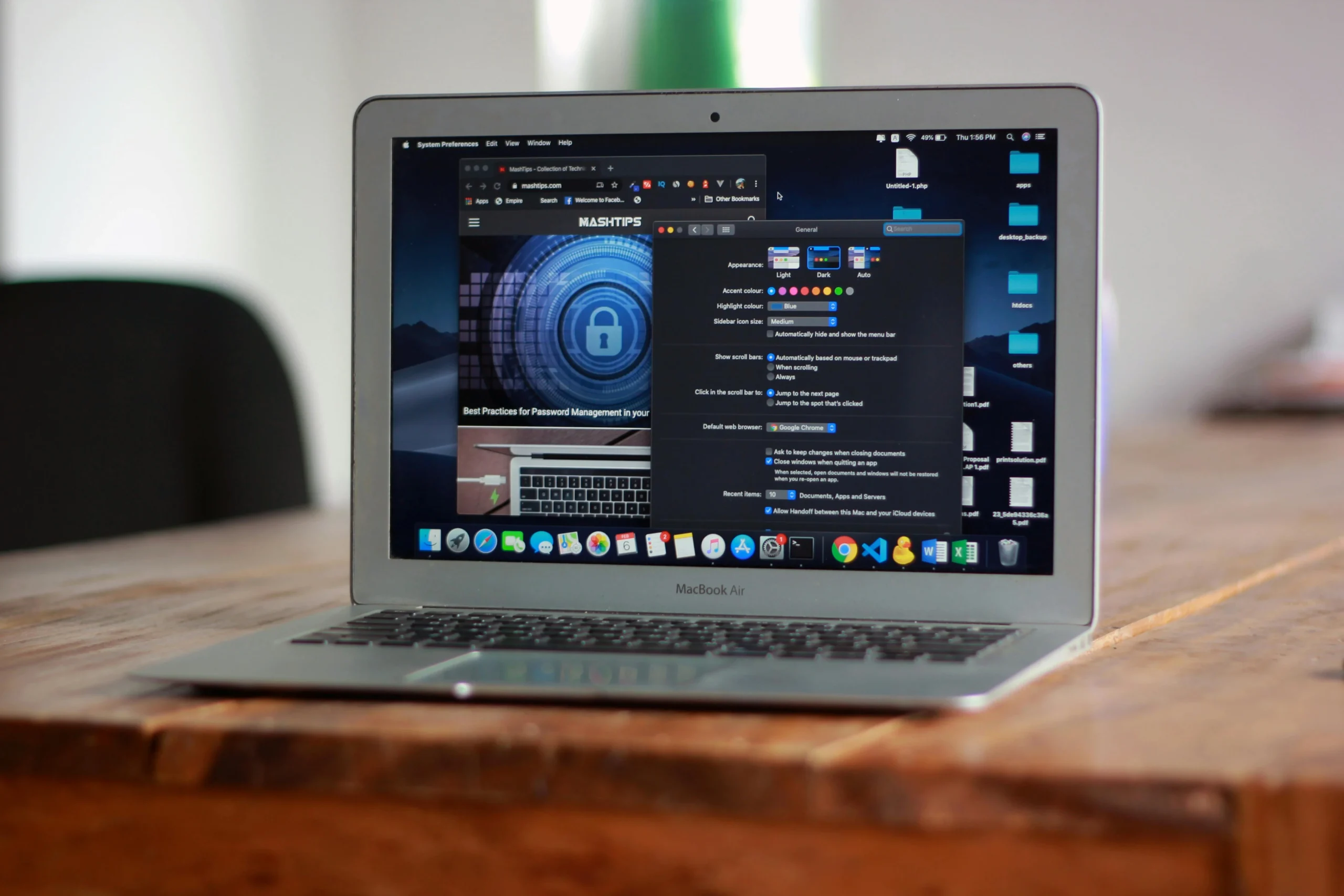Apple’s ‘Find My’ service, originally launched in 2010 for locating lost iPhones and later expanded to other devices, played a crucial role in a major UK police investigation. On Christmas Eve, a victim tracked their stolen phone, leading law enforcement to a warehouse near Heathrow filled with almost 900 stolen devices. This discovery initiated Operation Echosteep, lasting nearly a year and resulting in 46 arrests and the recovery of over 2,000 stolen phones, revealing a smuggling ring exporting up to 40,000 phones yearly to China.
Phone theft is a significant problem in London, with thieves using e-bikes and technology such as aluminum foil to block tracking signals. Even phones locked to prevent data theft maintain value due to their parts. UK lawmakers have expressed concern over the issue, criticizing Apple and Google for not leveraging global IMEI blacklists fully to block stolen devices from connecting to networks or accounts, which would drastically reduce the resale value of stolen phones.
In response, the UK government introduced the Crime and Policing Bill to empower police to search premises where stolen devices have been geolocated without warrants. Meanwhile, the police and public are advised to remain vigilant, taking precautions like keeping phones in secure pockets and being aware of surroundings to reduce theft risks. This case highlights the interplay between technology, law enforcement, and policy in combating device theft.
👉 Pročitaj original: Malware Bytes








